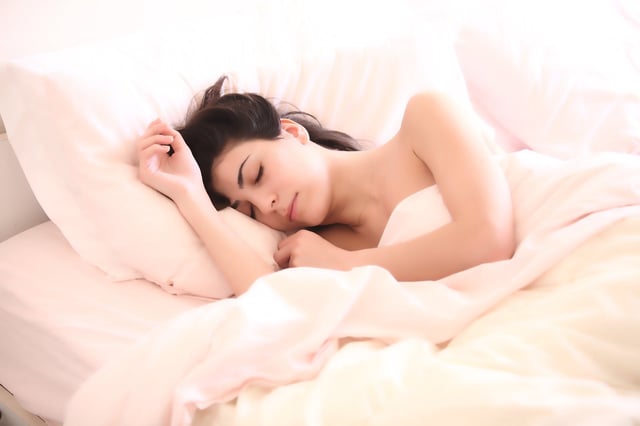Overview
- Participants with typical 9 P.M. bedtimes logged about 30 additional minutes of moderate-to-vigorous exercise compared with peers sleeping at 1 A.M.
- Individuals who moved their bedtime earlier than usual while keeping total sleep duration constant recorded the highest next-day activity gains.
- Monash University researchers analyzed nearly six million nights of sleep and activity data captured by WHOOP devices over 12 months.
- A validation study of 5,900 All of Us Research Program participants using Fitbit data confirmed the sleep-timing benefit across diverse groups.
- Investigators propose that public health guidelines incorporate sleep timing recommendations to naturally foster more active lifestyles.


